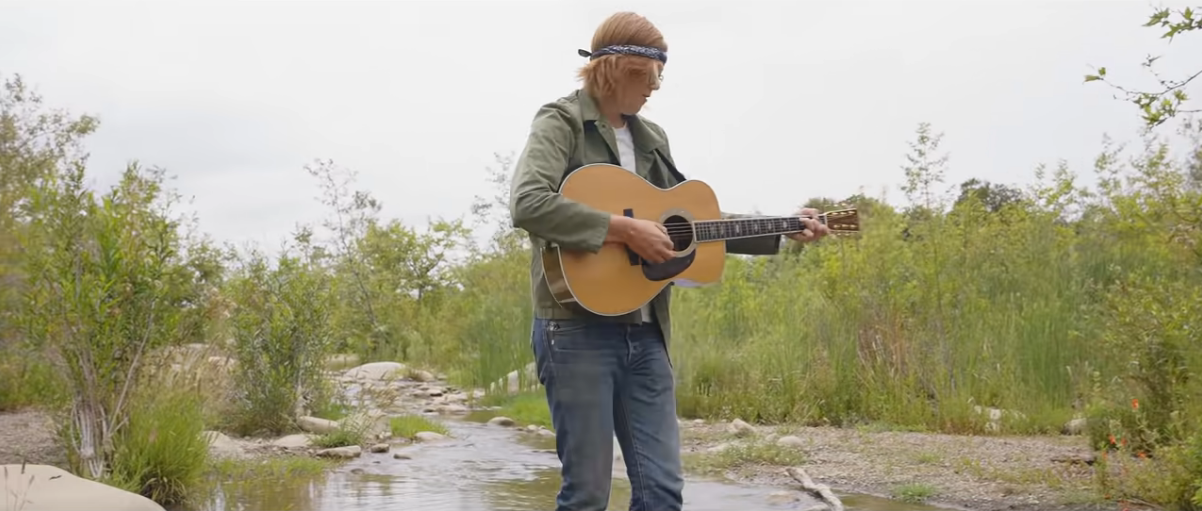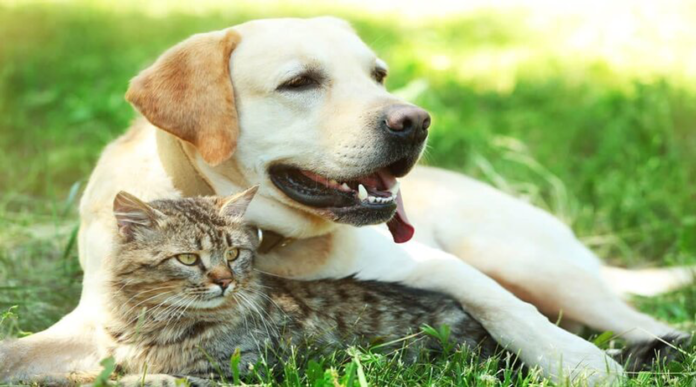As people head outdoors to enjoy the summer weather, one of the ways many choose to do so is by spending time with their pets. However, there are certain health hazards that owners should be aware of to make sure their four-legged friends remain safe and sound.
Doctor of Veterinary Medicine with Vet Dispatch, Lauren Connolly, provided five health risks that pet owners should be on alert for throughout the summer.
Heat stroke
It is not uncommon for pets to be treated for heat stroke and there are several types of dogs that can see increased risk. Dogs that have shorter noses, such as Boston terriers, cannot cool themselves as efficiently as other breeds. Dogs that are always playing outside, Labrador retrievers for example, can become so focused on what they’re doing that they don’t stop to cool down, Connolly said.
Dogs can overheat very quickly. Once their internal temperature reaches 109 F (normal temperature is about 100-102.5 F), they will develop multiple organ dysfunctions and it will turn deadly, according to Connolly.
If there are indications that your pet is showing signs of heat stroke, the first thing you should do is remove them from the environment and bring them to a cool room or shaded area.
“Offer cool water, but do not force your pet to drink it,” Connolly said. “Place a fan directly on them and you may put water or wet towels over their neck, back, arm pits and groin area.”
She added that it is important to never use ice or ice water to cool a pet because cooling too quickly will cause the blood vessels to shrink and can actually delay the cooling of the inner body.
Other animals or insects
Connolly said dogs have a tendency to stick their noses where they don’t belong. Typically when dogs get sprayed by a skunk, they end up getting sprayed in the face, which can cause irritation to the eyes.
Similarly, bee stings can result in a dog getting a very swollen muzzle. Other threats include venomous spider bites, which can result in severe necrosis of the skin as well as poisonous snakebites, which are most common in the South, can even result in death.
For bee or insect stings, Connolly recommended using a credit card to try to remove the stinger if visible.
“You can apply a cool compress to the area and apply a mixture of baking soda and water to help neutralize the venom,” she said.
Pets that show signs of facial sweeping or difficulty breathing should be taken to their local veterinarian as soon as possible. Likewise, if a pet is bitten by a snake, and you are unable to determine if the snake is poisonous or not, it is best to take them to the vet so they could administer an anti-venom shot.
During the summer months, there is also a greater amount of fleas and ticks. For those not on a good veterinarian recommended flea prevention, “they can be awful,” Connolly said.
Sunburn
While not all dogs sunbathe long enough to get burnt, Connolly said she has seen cases of dogs getting a sunburn.
“Any pet, dogs especially, can get burnt in areas where there is no to little fur such as the belly and the tip of the nose,” Connolly said.
There are types of sunscreen made specifically for dogs, such as white pit bulls, Connolly said. Using regular sunscreen could be detrimental because it may contain zinc, which can be toxic if ingested.
Having your dog shaved, could also be problematic, since it does not make them cooler and could lead to higher risk of sunburn, Connolly said.
Bacteria found in stagnant water puddles
Giardiasis is caused by a parasite found in drinking stagnant water or even walking through infected puddles, Connolly said. Giardiasis is an intestinal illness and one of the most frequent symptoms are diarrhea, dehydration and upset stomach.
Another danger is leptospirosis, which is bacterial infection that can affect many animals, including dogs, and can lead to liver and kidney damage and even organ failure. Both of these diseases can also affect humans.
According to the Centers for Disease Control, the occurrence of leptospirosis in pets was once rare, but recently it has become more common.
The clinical signs of leptospirosis vary and are nonspecific, the CDC said. Sometimes pets may not show any symptoms, which include fever, refusal to eat or stiffness.
Allergies
During the summer, Connolly said animals are much more likely to suffer from seasonal allergies causing issues such as ear infections and itchy skin.
“Dogs and cats can get hay fever just like people, but for them it typically results in itchy skin and more commonly in dogs bad ear infections,” Connolly said.
Many ear infections are secondary to allergies. One way to treat them is by cleaning the ears with a veterinary prescribed ear-cleaning solution once a month, or as recommended. The solutions will help prevent the accumulation of wax which worsens the infection. It is also important to never use cotton swabs in your pet’s ears.
“Once the first frost comes, you see a dramatic reduction in the seasonal allergy visit,” she added.







